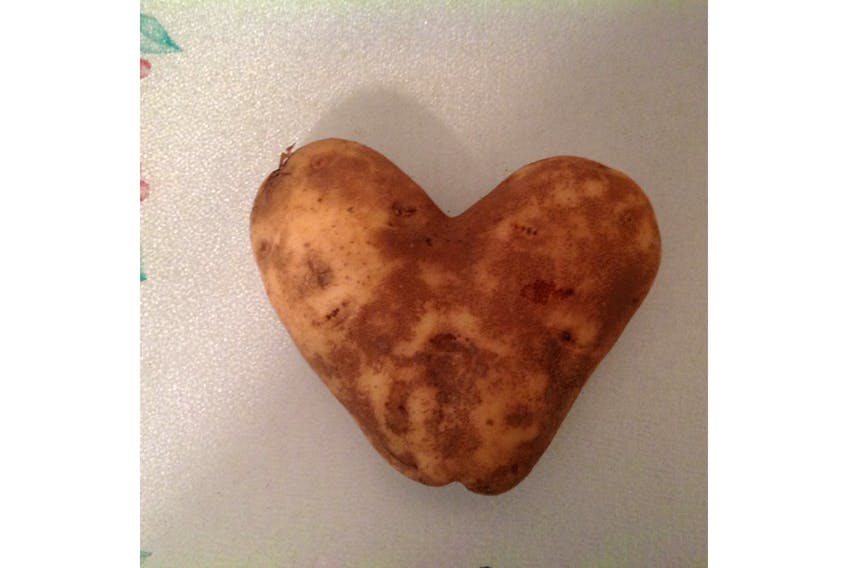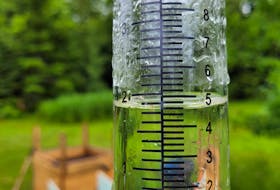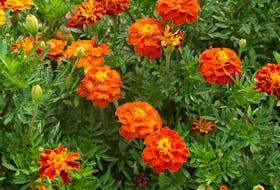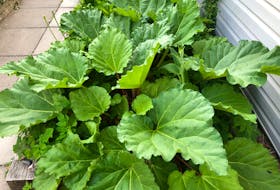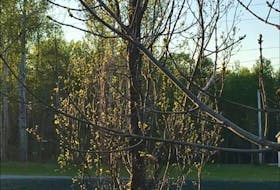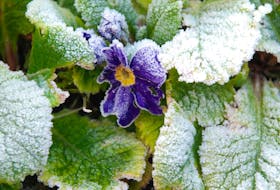Last Friday’s Weather University column dealt with condensation that forms on the outside of car windows.
In a nutshell, fog buildup occurs on your car windows the same way it does on the glass of a cold beverage. The difference in temperature, whether it exists on the inside or outside, causes moisture to condense on the coldest surface. If the humidity level inside the car is high and it is cold outside, window fog will build up on the inside; if humidity is high outside and there is a temperature difference occurring on either side of the window, moisture will condense on the outside of the glass. It’s important to determine where fog is coming from to prevent fog from building up on your windows.
I was peeling potatoes for supper on Sunday when I remembered what Grandma would do about condensation on the bathroom mirrors. It’s inexpensive, environmentally friendly and works like a charm.
You’ll need a potato, a knife and a clean cloth.
Start off by ensuring your window is clean and dry. Cut a potato in half. Wipe the freshly-cut side of the potato on the window. Wipe it back and forth until the entire surface has been covered. There shouldn’t be any starch on the window. If there are streaks, wipe them off and start again. I have found that if you wipe the potato over the window or windshield quickly, you’ll have fewer streaks. Now, just wait for the window to dry; that should take about five minutes.
That’s all there is to it. You might want to try it on a bathroom window first, just to get the hang of it. It’s a good way to use potatoes that are starting to turn, rather than throwing them away. Don’t forget to compost them when you’re done.
- Have a question about the weather? Email [email protected].
- Read more Grandma Says columns.
Cindy Day is the chief meteorologist for SaltWire Network.
RELATED

